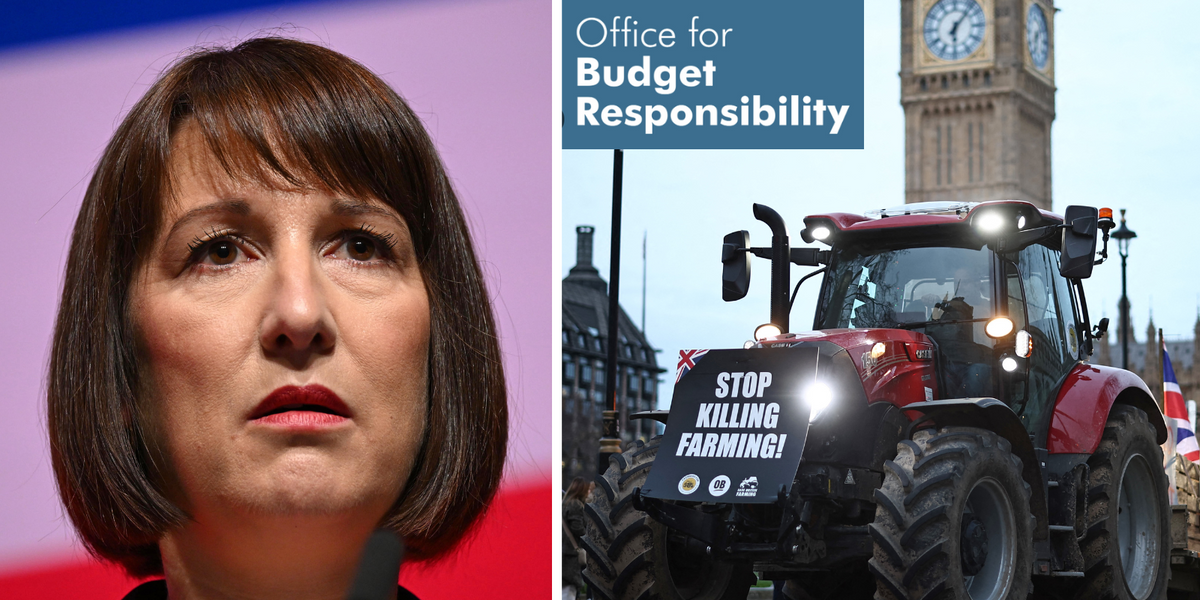- EasyJet reported its Q1 headline pre-tax losses slumped by 52% to £61m
- A total of 21.2m passengers travelled with the low-cost airline in the first quarter
EasyJet slashed its first-quarter losses after the airline enjoyed falling fuel costs and flew more people during the Christmas season.
The FTSE 100 company reported its headline pre-tax losses slumped by 52 per cent to £61million in the three months ending December.
A total of 21.2 million passengers travelled with the low-cost airline, 1.4 million more customers than in the same period last year, which helped grow its revenue by 13 per cent to above £2billion.
Turnover was also boosted by higher demand at the group’s package holidays arm, whose profits climbed by £12million to £43million as a result.
While Easyjet still made an overall loss – typical for the winter months when demand is lower – its fuel costs dipped by 3 per cent to £500million despite the firm operating nearly 5,000 extra flights.
Meanwhile, its load factor – the percentage of seats filled by passengers – rose by 1.9 percentage points to 88.2 per cent.
Growth: A total of 21.2 million passengers travelled with EasyJet in the first quarter, 1.4 million more customers than in the same period last year
It now anticipates lower first-half underlying winter losses, with forward bookings for the second quarter up two percentage points on the prior year at 57 per cent.
Kenton Jarvis, chief executive of EasyJet, also noted that the company already has one million extra customers booked for this summer, with Palma, Faro and Alicante among the most popular destinations.
‘All of this demonstrates positive progress towards our medium-term target to deliver more than one billion pounds of profit before tax,’ he added.
Jarvis replaced Johan Lundgren as CEO in January, having previously joined EasyJet as its chief financial officer in early 2021, when Covid-related restrictions severely suppressed demand for overseas holidays.
EasyJet posted annual pre-tax losses of £1.3billion and £1billion in 2020 and 2021, respectively, but trade has recovered significantly since then despite strikes and staff recruitment issues.
In its most recent financial year, the group achieved a £610million headline pre-tax profit on the back of rising ancillary revenues and bumper package holiday sales.
The firm received six new Airbus A320neo aircraft during the quarter, followed by a seventh in January, while another two airplanes are set to be operational by the summer peak.
John Moore, senior investment manager at RBC Brewin Dolphin, said: ‘Unlike Ryanair, easyJet has a balanced fleet by manufacturer, so the Boeing dispute shouldn’t impact it unduly.
‘That issue, and concerns about post-Budget consumer sentiment, appear to be the only clouds on the horizon – although, forward bookings are robust and the holidays business continues to deliver strong growth.’
EasyJet shares were 2.25 per cent down at 499.7p on early Wednesday morning and remain about 60 per cent down on their pre-pandemic levels.
DIY INVESTING PLATFORMS

AJ Bell

AJ Bell
Easy investing and ready-made portfolios

Hargreaves Lansdown

Hargreaves Lansdown
Free fund dealing and investment ideas

interactive investor

interactive investor
Flat-fee investing from £4.99 per month

Saxo

Saxo
Get £200 back in trading fees
Trading 212
Trading 212
Free dealing and no account fee
Affiliate links: If you take out a product This is Money may earn a commission. These deals are chosen by our editorial team, as we think they are worth highlighting. This does not affect our editorial independence.
Compare the best investing account for you










